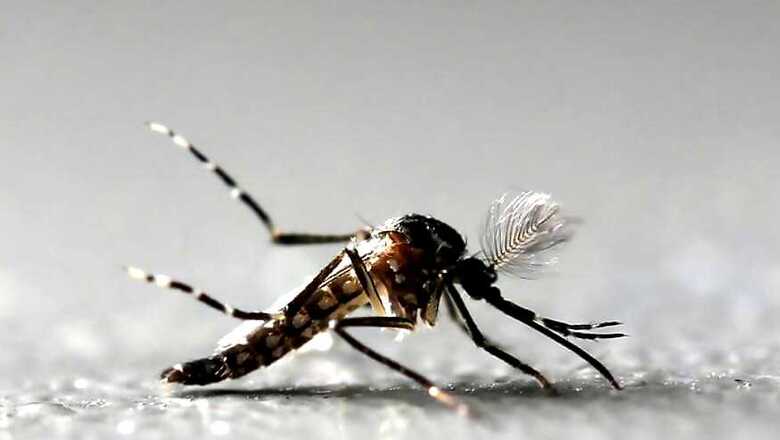
views
Nearly half the world's population was at risk of malaria with the maximum deaths occurring in sub-Sahara n Africa, said a World Health Organization report.
According to the latest World malaria report released in November 2018, there were 219 million cases of malaria in 2017, up from 217 million cases in 2016. The estimated number of malaria deaths stood at 435 000 in 2017, a similar number to the previous year.
Ethiopian student Torpout Nyarikjor, who invented an instant malaria detector has told the BBC that investors are willing to back him despite losing out to a 3D printer in a national innovation competition.
The engineering student at Dilla University in southern Ethiopia, said he was prompted to invent his device after losing his brother to the mosquito-borne disease.
Speaking about the same, the 24-year-old said that as a youngster, he witnessed his older brother die of malaria. At that time he was deeply saddened and believed that one day he could stop it.
Notably, Malaria claims the lives of more than 2,500 children each day in Africa, according to the UN children's agency, Unicef.
Torpout's device is not hard to use, one has to insert a finger into it and laser sensors can identify whether the blood is infected with the maalria virus or not.
The viability of the device means that the medication to treat malaria can be taken early, so a patient will be more likely to survive since the device checks for blood for malaria instantly.
Called Tor, it is about 70% accurate at the moment – and the fourth-year university student is continuing work to make to it foolproof.
Tor even went on to win the regional level of the innovation competition organized by iCog Labs, a company based in the capital, Addis Ababa, working on artificial intelligence projects. However, he ost out in the final - and the $3,400 (£2,700) prize money. He says the loss was a pity as he felt his invention was more of a game changer.
The youngster, from the western city of Gambella says he wants to return home to develop other projects involving young people with technology know how.


















Comments
0 comment